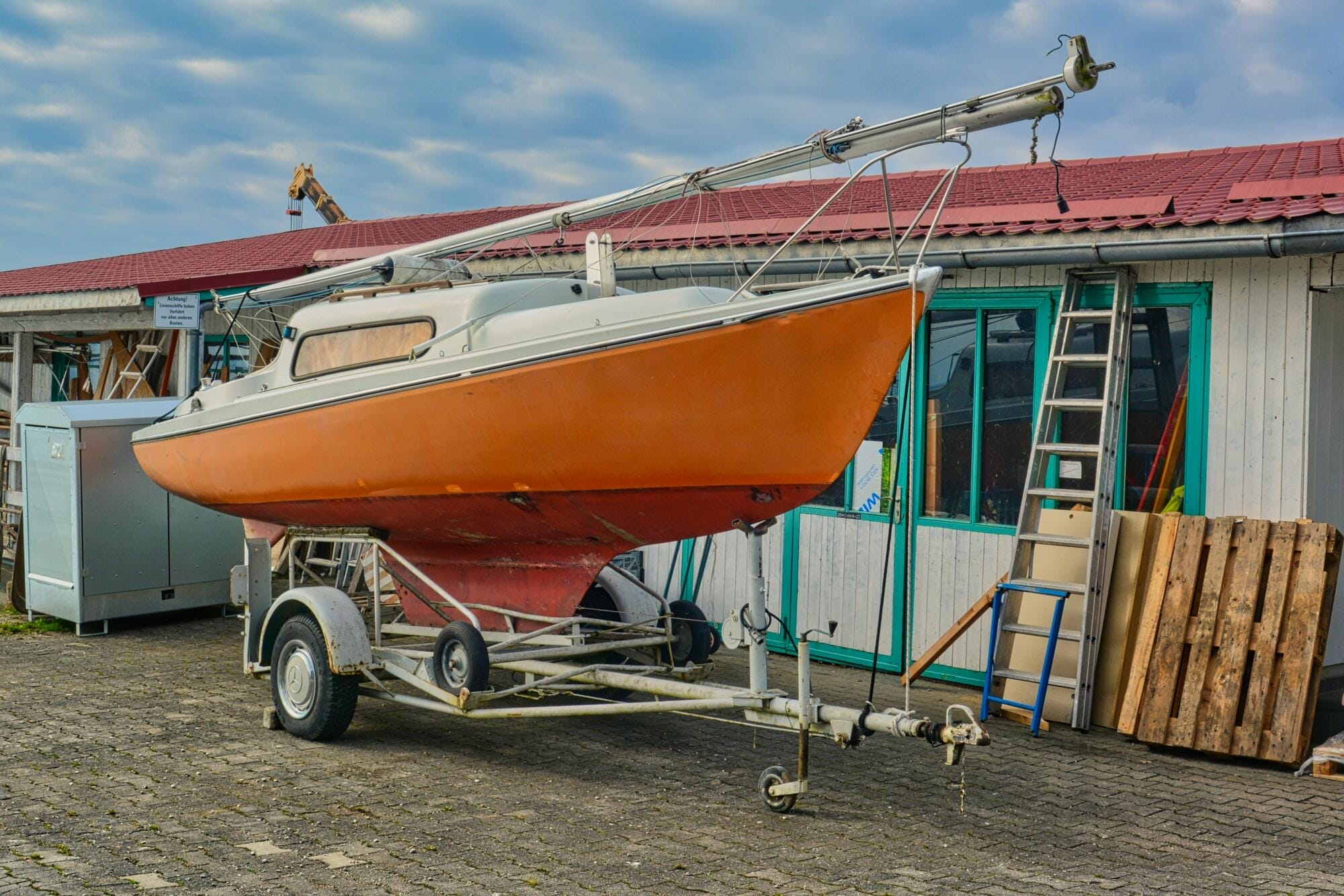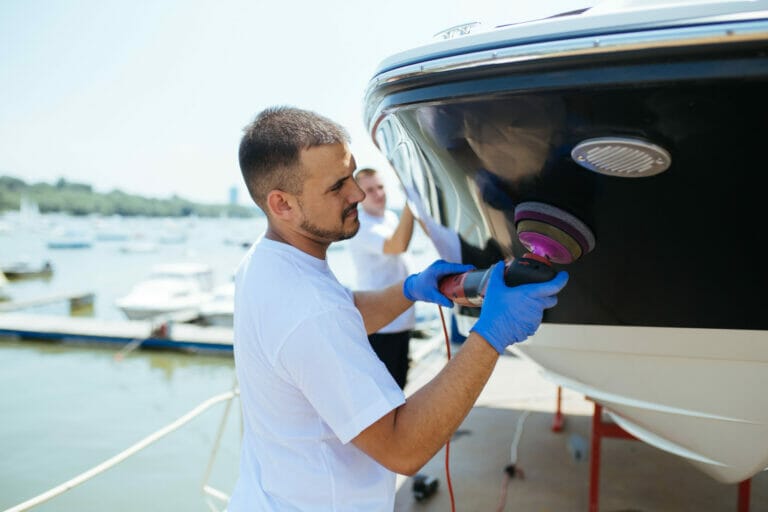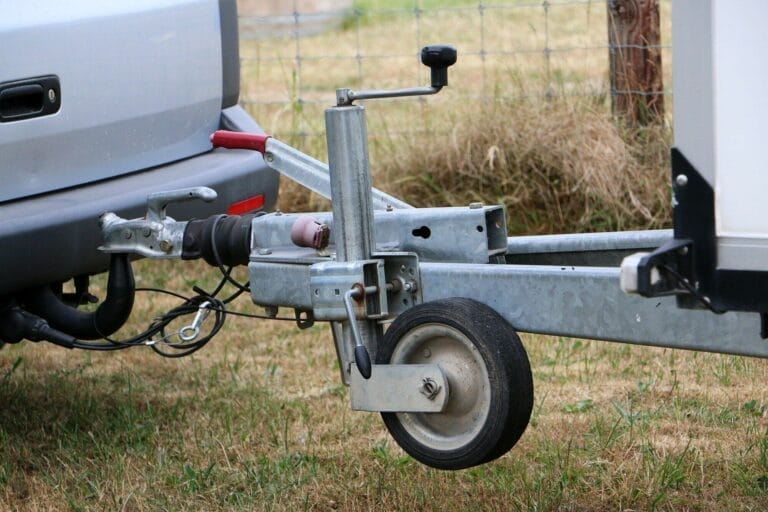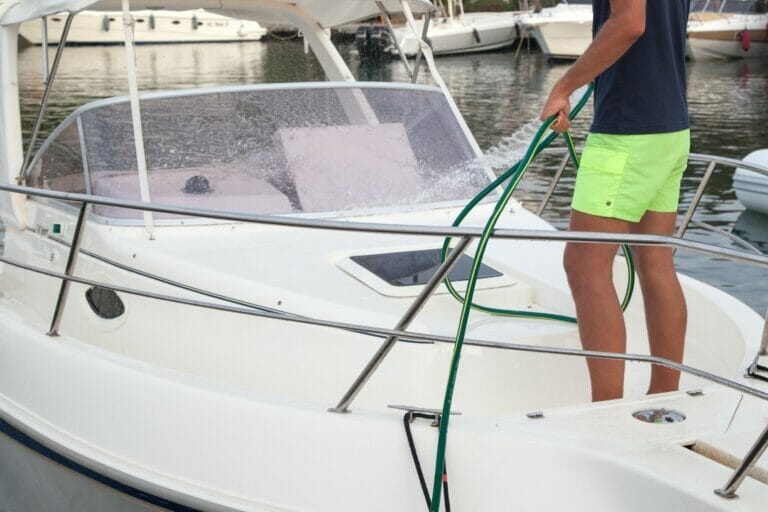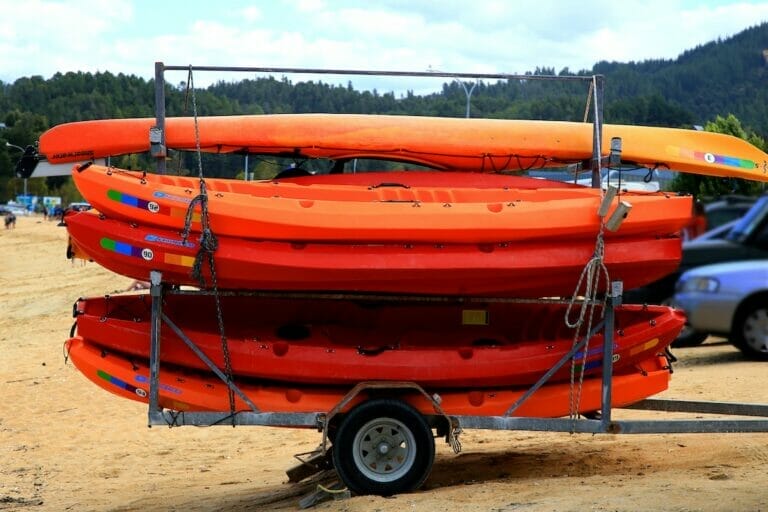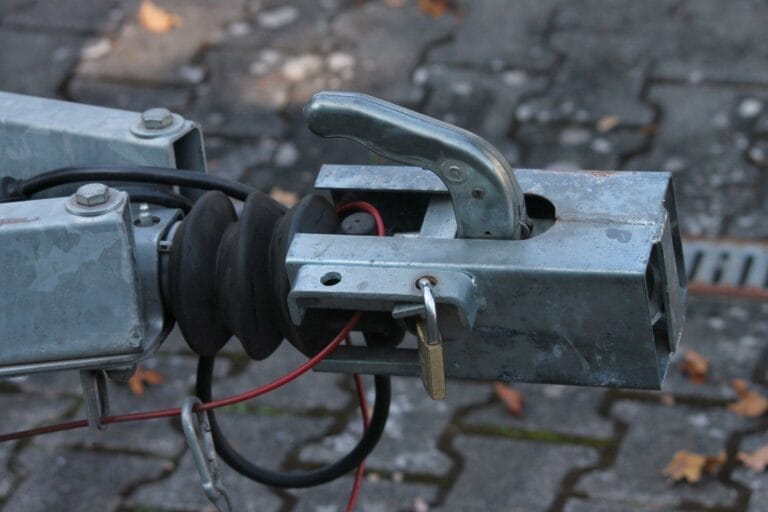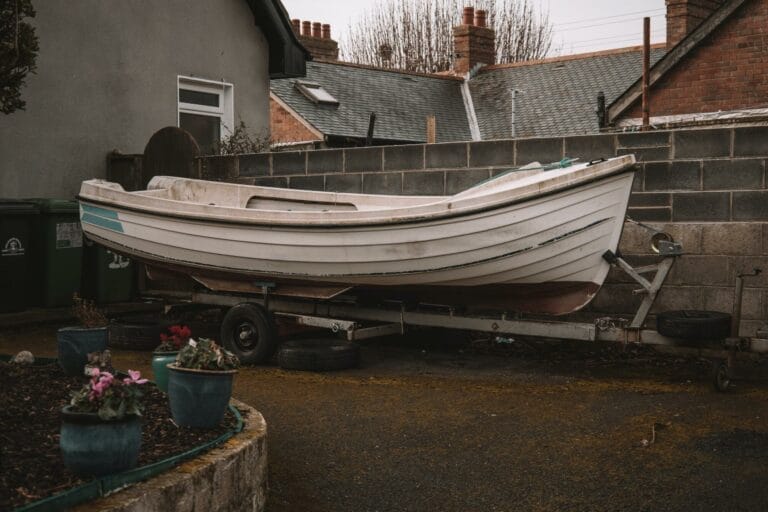Choosing the Right Sailboat Trailer: What’s Most Important?
Living in Florida means you are never too far away from the ocean. For sailboat enthusiasts, St Petersburg is the sailing capital of Florida.
One option is to keep your sailboat in a slip 24/7. However, this is not practical for everyone. What you need is a sailboat trailer.
Find the perfect trailer for your sailboat with this detailed guide created by the experts who handmake boat trailers.
Sailboat Length
The sailboat length measurement is the most critical and the first place to start when buying a boat trailer. Hull measurement is from the tip of the bow to the stern in a straight line.
Do not include a swim platform, outboard motor, rudder, or any other add-ons in the length. Be careful using the boat manufacturer’s measurement. Some use an overall boat length (LOA) that includes these extras.
Using this longer length is incorrect because it can give you an improper fit to your boat. An excellent general rule is to choose a trailer two feet longer than the hull measurement.
Sailboat Weight
The trailer you buy should have a weight capacity to accommodate your sailboat and anything on it. A quality trailer should have a capacity plate mounted on in to give you the maximum weight you can safely load.
In addition to the sailboat’s weight, add the water tank and personal items weight. If you have an engine, add the weight of it and the fuel tank too.
Do not max out the weight capacity of the trailer. Try to choose a trailer that can hold at least 15% more weight than the weight of your sailboat.
You must also consider your vehicle’s gross vehicle weight rating (GVWR). This is the maximum weight your vehicle can tow. To calculate this, you add the trailer’s weight to your sailboat’s weight.
Trailer Width
To measure the beam or boat width, measure from port to starboard at the widest point of the sailboat. A good rule of thumb is to add 10 centimeters to this measurement for the trailer width. This will give you some space to secure the sailboat to the trailer.
Bunk Customization
Sailboats have a keel underneath, making buying a trailer more challenging. Each trailer requires a certain amount of customization. Work with a boat trailer builder to customize your trailer to accommodate your sailboat and keel.
Bunk trailers are ideal for driving, sliding, or floating your boat onto the trailer. This will typically be how you load a sailboat.
Roller Trailers
Because you have a sailboat, roller trailers are not the ideal choice. You aren’t going to take your sailboat in shallow waters and low tides because the keel would hit bottom. These are the tide conditions where roller trailers typically excel.
Single or Multiple Axles
Single-axle trailers maneuver better in tight spaces. They are also more affordable and have fewer components to maintain.
Double-axle trailers become the better option with larger boats. However, they are not limited to large vessels. They are harder to maneuver in confined spaces because they do not make as tight of movements.
However, the additional axles are well worth it for their improved tracking performance when driving. They are also significantly safer if you experience a tire blowout while driving.
Torsion or Spring Suspension
A torsion suspension uses rubber in the axle to cushion the ride of each wheel independently. There are fewer components with this suspension method. It is also less likely to corrode.
Leaf springs are more affordable than the traditional suspension method. Because they use independent springs, they can create a smoother ride. However, the metal-on-metal design creates faster wear and corrosion.
Trailer Coupler
The coupler is the part of the trailer that connects the trailer to your vehicle. The receiver’s size and hitch must match the trailer’s capacity plate information.
Construction Material
Consider buying a galvanized steel trailer if you plan to use your sailboat in salt water. It will fair the best when exposed to salt water and elements.
Another great option is an aluminum slide-on trailer. They are lighter weight than steel and corrosion resistant.
Heavy Duty Winch
Your trailer needs a winch to hoist the sailboat into place on your trailer. It also helps hold the sailboat in place during transport. You need a winch rated strong enough to move the weight of your sailboat.
At a minimum, you need a winch with a weight capacity rating of at least 3/4 the gross weight of your sailboat. However, the required winch capacity increases when you have carpet-covered bunks. It also increases if you launch from steep boat ramps.
Brakes
If your trailer has a gross weight rating over 3,000 pounds, Florida law requires that it has brakes. Law aside, you need to have brakes.
Towing a heavy trailer without brakes is dangerous. Generally, most vehicles capable of towing say you need brakes if you tow anything over 2,000 pounds.
Tire Diameter
Standard boat trailer tire sizes are 13 and 15 inches. The larger tires come with several advantages. The larger wheel means you travel further on a single rotation.
Fewer rotations mean less heat generated. This reduces the wear and tear on the tire. The larger tire also has a higher load rating.
Most people find buying replacement tires with more options easier when they have larger tires.
Trailer Lights
Your boat trailer needs to have lights. Consider LED lights that are more durable and waterproof. The traditional lighting method is halogen or incandescent, susceptible to water damage.
Having lights mounted on the upright guides increases their visibility and your trailering safety.
Buy a Sailboat Trailer
If you own a sailboat, you will eventually want to take your boat out of the water. You will need a sailboat trailer to do this. You have to buy a trailer that fits your sailboat and will make it safe to transport.
At Owens & Sons Aluminum Slide-On Trailers, we have over 38 years of experience in handmaking boat trailers. We help boat owners measure their vessels and buy a trailer that is ideally suited.
Safely move your sailboat when you buy a trailer or have your current trailer repaired.
